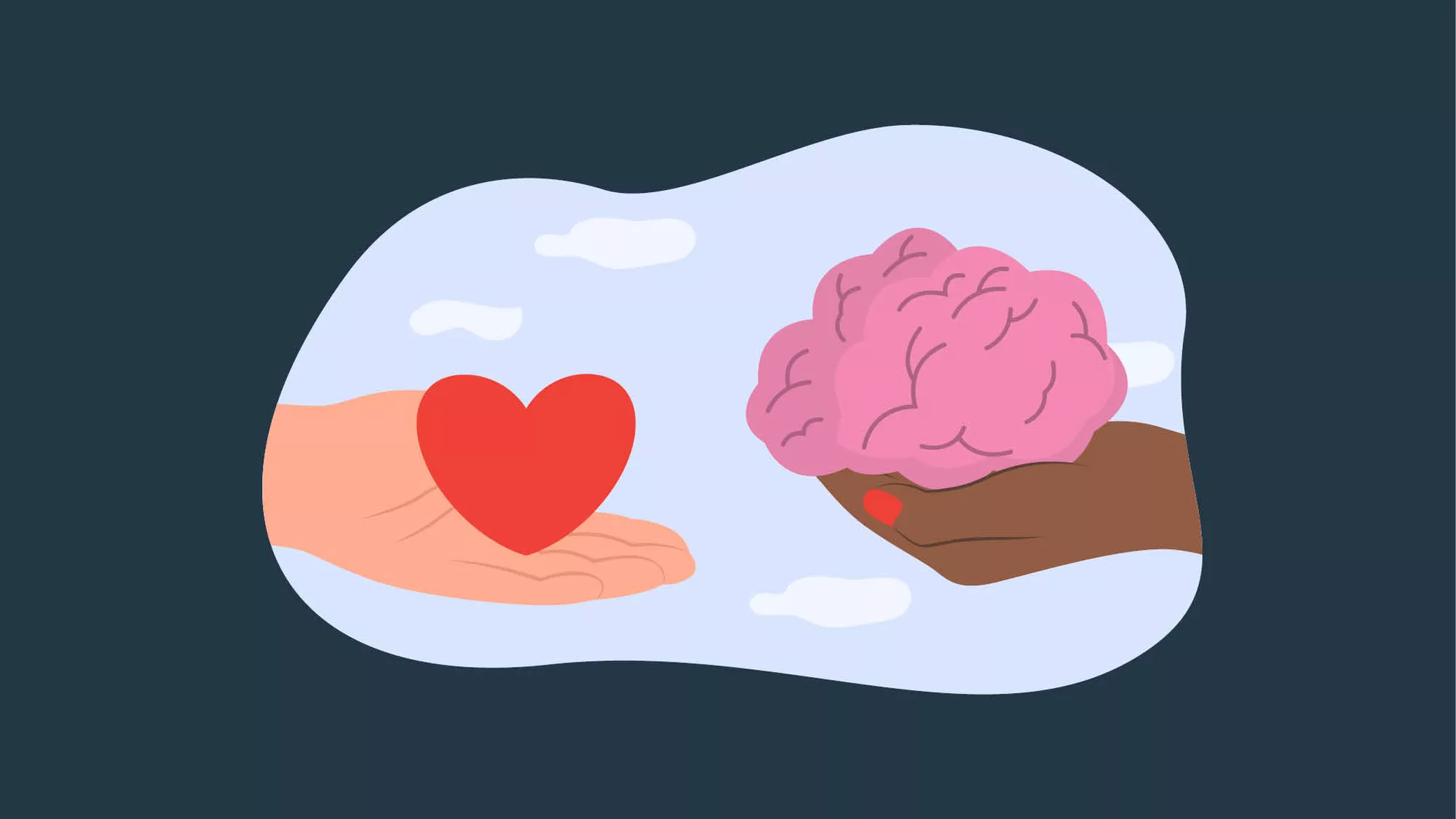In a world that constantly demands our attention, energy, and empathy, emotional boundaries are not just helpful—they are essential. These invisible lines define where our emotions end and someone else’s begin. They help us maintain balance, protect our mental health, and preserve our relationships. Without clear emotional boundaries, we may find ourselves feeling drained, taken advantage of, or overwhelmed.
In this article, we’ll explore what emotional boundaries are, why they matter, signs of weak boundaries, and practical steps to build and maintain them in daily life.
What Are Emotional Boundaries?
Emotional boundaries are the limits we set around our feelings, thoughts, and needs to protect our mental and emotional well-being. They help distinguish our responsibilities from those of others and give us the right to say “no” when we need to.
Healthy emotional boundaries help us:
- Express ourselves honestly and respectfully
- Protect our energy and emotional space
- Avoid taking on other people’s emotions as our own
- Maintain healthy relationships
Think of them as a self-respect system—when we honor them, we honor ourselves.
Why Are Emotional Boundaries Important?
1. They Protect Your Mental Health
One of the biggest reasons people experience burnout or emotional fatigue is due to poor boundaries. When you constantly absorb others’ problems, accommodate others’ moods, or say “yes” when you want to say “no,” you sacrifice your peace for others’ comfort.
Setting boundaries helps conserve your emotional energy and prevents anxiety, resentment, and emotional exhaustion.
2. They Improve Relationships
Contrary to popular belief, boundaries don’t push people away—they create safe spaces in relationships. When you clearly communicate your needs, feelings, and limits, you create a foundation of mutual respect. This fosters healthier, more honest, and more fulfilling connections.
3. They Build Self-Worth
Each time you stand up for your needs or protect your peace, you reinforce the message: “I matter.” Boundaries are a form of self-love and self-respect. They teach others how to treat you and remind you that your well-being comes first.
Signs Your Emotional Boundaries Need Work
You might struggle with emotional boundaries if:
- You feel guilty saying “no”
- You often feel emotionally drained after conversations
- You take on others’ moods or problems as your own
- You say “yes” to things you don’t want to do just to please others
- You avoid conflict to keep the peace, even at your expense
- You feel resentful after helping someone
Recognizing these signs is the first step toward change.
How to Set Healthy Emotional Boundaries
1. Know Your Limits
You can’t set a boundary if you don’t know what your limits are. Pay attention to when you feel drained, stressed, or resentful. These emotions are often signs that your boundaries have been crossed.
Ask yourself:
- What triggers my emotional exhaustion?
- When do I feel taken advantage of?
- What behaviors do I find unacceptable?
2. Communicate Clearly and Kindly
Once you identify your limits, express them respectfully. You don’t have to be rude or dramatic. Simply and honestly share your needs.
Examples:
- “I understand you’re upset, but I’m not in the right headspace to talk about this now.”
- “I care about you, but I need time for myself tonight.”
- “Please don’t raise your voice at me during our conversations.”
Clear communication creates clarity and prevents resentment.
3. Stop People-Pleasing
Many of us equate kindness with self-sacrifice. But being kind doesn’t mean being a doormat. You can still be supportive without giving up your emotional space.
Practice saying:
- “Let me get back to you.”
- “I’m not comfortable with that.”
- “Thanks for thinking of me, but I’ll have to pass.”
You don’t owe anyone your energy or presence just because they expect it.

4. Don’t Internalize Others’ Emotions
Empathy is a beautiful quality—but absorbing others’ feelings can be harmful. You are not responsible for fixing everyone’s problems. You can support someone without taking on their emotional burden.
Remind yourself:
- “Their feelings are not mine to carry.”
- “I can listen without solving.”
- “I have the right to protect my peace.”
5. Practice Self-Care Without Guilt
Taking care of your emotional well-being is not selfish—it’s necessary. When you’re mentally strong and emotionally balanced, you show up better for yourself and others.
Schedule “emotional rest” days. Turn off your phone. Journal. Meditate. Set tech boundaries. Whatever it takes to center yourself—make it a non-negotiable ritual.
Examples of Emotional Boundaries in Daily Life
- At work: “I can’t answer emails after 7 p.m., as that’s my personal time.”
- In friendships: “I’m here for you, but I can’t talk about this issue every day. It’s affecting my peace of mind.”
- In family dynamics: “I respect your views, but I won’t engage in conversations that make me feel uncomfortable or judged.”
- In romantic relationships: “I need personal space to recharge. It doesn’t mean I love you less.”
The Role of Emotional Boundaries in Self-Development
As you evolve, your needs and boundaries will evolve too. Boundaries aren’t walls—they’re gates. They let in love, connection, and support, but they also block out toxicity, over-dependence, and negativity.
When you honor your emotional boundaries:
- You develop emotional resilience
- You cultivate healthy self-esteem
- You focus more clearly on your goals
- You create authentic, deeper relationships
- You live with less guilt and more confidence
Emotional boundaries are not about pushing others away—they’re about bringing yourself closer to peace, purpose, and authenticity. In a world that constantly pulls at your attention and energy, setting boundaries is an act of self-respect.
You owe it to yourself to protect your energy, honor your emotions, and take back control of your mental space. Your peace is powerful. Protect it fiercely.




